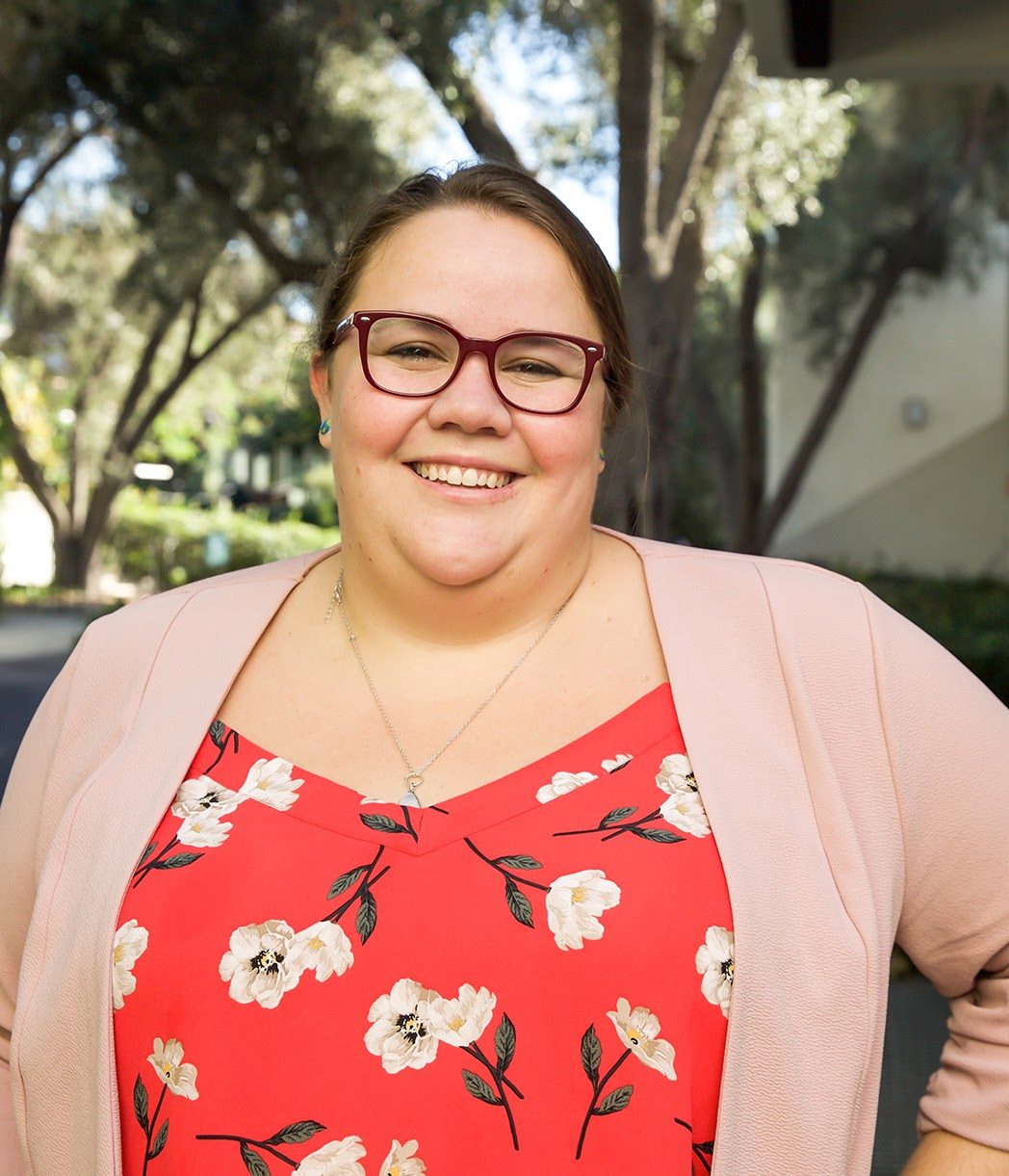Welcome to the 2025 Rose-Hulman Undergraduate Mathematics Conference. This is our 40th conference, and we look forward to hosting you on the beautiful Rose-Hulman campus.
The vision for the Rose-Hulman Undergraduate Mathematics Conference is to provide a venue to highlight and celebrate the accomplishments and work of undergraduate mathematicians and statisticians. The conference is put on largely by undergraduates for undergraduates. The contributed student talks will cover an array of topics including pure mathematical theory, applied modeling, statistics, and data science.
The Conference is scheduled for Saturday, March 29th. Plenary talks will be given by Mike Jones of MathReviews and Christina Edholm of Scripps College. Registration is open, though abstract submissions are now closed. This conference is supported in part by the National Science Foundation (NSF DMS #2418532).
The 2025 program is now available. You can also download the full program with abstracts as a pdf
Invited Speakers
Michael Jones

From fractions to fairness: On the sequential apportionment of House seats
Rounding fractions to whole numbers may seem simple, but it plays an important role in shaping U.S. politics. I will begin with a review of the history and the methodologies behind various apportionment methods used to determine the number of seats each state receives in the U.S. House of Representatives. Applying ideas from algebra, combinatorics, and geometry, I will present new results about apportionment sequences--generated by divisor methods--including a connection between the methods proposed by John Quincy Adams and Thomas Jefferson.
Michael Jones is an Associate Editor at the American Mathematical Society’s Mathematical Reviews in Ann Arbor, Michigan. After earning his doctorate in game theory under Donald G. Saari from Northwestern University in 1994, he held academic positions at the U.S. Military Academy at West Point, Loyola University Chicago, and Montclair State University. He served as the editor of the Mathematical Association of America’s Mathematics Magazine from 2015 to 2019.
Michael’s research and writing interests often focus on the application of mathematics to analyzing problems in the social sciences, including the co-authored 2023 book: Delegate apportionment in the US presidential primaries—a mathematical analysis. He has published more than 80 peer-reviewed articles, book chapters, and conference papers. He is a dedicated mentor to many students, publishing articles with graduate, undergraduate, and high school students.
Christina Edholm

Controlling the seemingly unmanageable
Often in life, we come across questions or problems when we want to change an outcome based on applying some version of control. In mathematics, we have a variety of techniques that allow us to formulate and study such an outcome. Specifically, when working in mathematical biology, we build models for a biological system and want to understand the implications of management options and how to optimize the implementation. During this presentation, we will explore different biological models and consider the control strategies we can implement to affect change.
Christina Edholm is an Assistant Professor at Scripps College. She was previously a postdoctoral associate at the University of Tennessee. Christina is an applied mathematician who focuses on mathematical biological questions and analysis. Two main areas of her research are invasive species control and epidemiological modeling. The models are formulated using difference equations, ordinary differential equations, continuous time Markov chains, or stochastic differential equations to characterize interactions between populations. Christina uses a variety of different mathematical and computational tools to perform analysis on the models. She has mentored over twenty undergraduate research projects and theses in just the past eight years.